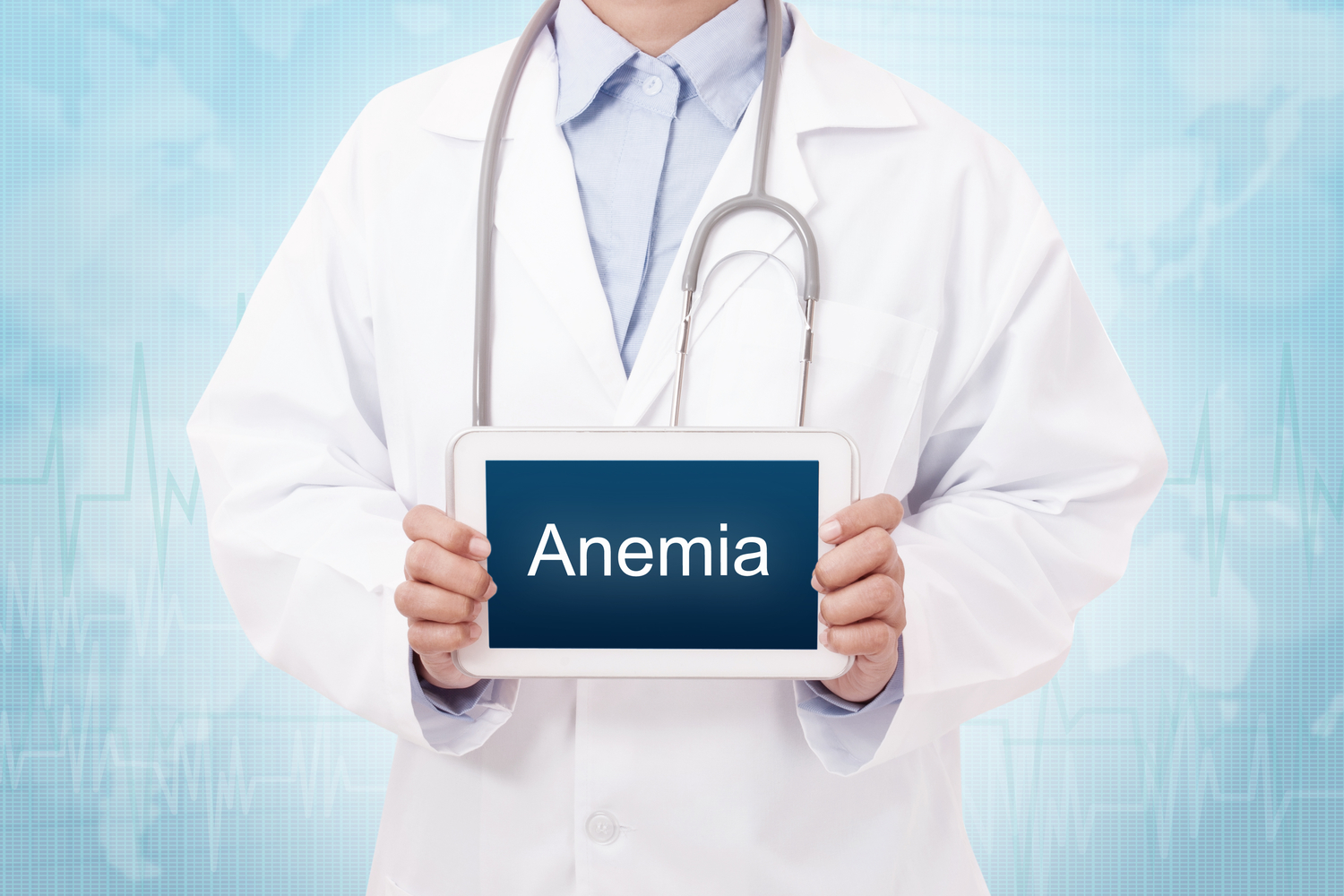
9 Warning Signs of Anemia
And Possible Treatments
Anemia is a condition where the body is not producing enough red blood cells or hemoglobin. Hemoglobin is a protein found in red blood cells which carry oxygen to the organs from the lungs. This can cause many health issues, and because of the different variations of anemia, Anemia Symptoms can be mild or even fatal. Knowing Anemia Warning Signs can be extremely helpful in prevention and treatment options. Here are the most common signs you should look out for:
1. Shortness of breath
One of the early indicators of anemia is a sudden and unexplained shortness of breath. When your body lacks sufficient red blood cells, oxygen delivery to tissues becomes compromised, causing you to feel breathless even with minimal exertion. If you find yourself gasping for air more often than usual, it’s time to consult with a healthcare professional.
2. Unusual tiredness
Feeling constantly fatigued despite getting adequate sleep may be a red flag for anemia. When there’s a shortage of red blood cells, your body has to work harder to perform everyday tasks, leaving you feeling unusually tired and lacking energy. If that 8-hour sleep isn’t enough to recharge your batteries, anemia could be a culprit.
3. Feeling weak
Anemic individuals often experience a pervasive sense of weakness and lethargy. This can manifest as difficulty in performing routine activities that were once effortless. If you find yourself struggling to carry out tasks that used to be second nature, it’s time to investigate the root cause.
4. Headaches
Chronic headaches can be a surprising symptom of anemia. Insufficient oxygen delivery to the brain due to low hemoglobin levels can lead to headaches and migraines. If you’re grappling with persistent head pain that doesn’t respond to usual remedies, consider discussing the possibility of anemia with your healthcare provider.
5. Skin getting pale
Anemia often manifests in physical changes, and paleness of the skin is a noticeable one. When the body lacks an adequate number of red blood cells, the skin can lose its healthy color, appearing unusually pale. If you notice a significant change in your complexion, it’s worth investigating further.
6. Heart palpitations
Anemia can put additional strain on your heart as it attempts to compensate for the reduced oxygen-carrying capacity of the blood. This strain may lead to palpitations or a fluttering sensation in the chest. If you’re experiencing irregular heartbeats, it’s crucial to consult a healthcare professional promptly.
7. Hair loss
While many factors contribute to hair loss, anemia can be one of them. Inadequate oxygen supply to hair follicles can lead to weakened and brittle strands, resulting in noticeable hair loss. If you’re shedding more hair than usual, consider investigating the possibility of anemia.
8. Restless legs
Anemia has been linked to restless leg syndrome, a condition characterized by an uncontrollable urge to move your legs, often accompanied by discomfort or a “creepy-crawly” sensation. If you find your legs are frequently restless, especially at night, it’s worth exploring whether anemia could be contributing to this sensation.
9. Dry mouth or sore tongue
Insufficient oxygen supply can also affect the mucous membranes in the mouth, leading to a dry mouth or a sore, inflamed tongue. If you’re experiencing persistent oral discomfort, it’s advisable to consult with a healthcare professional to rule out anemia.


